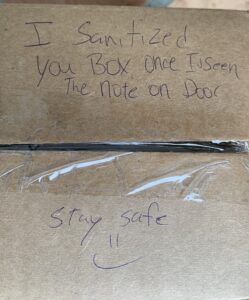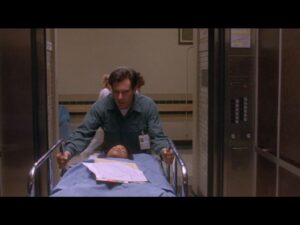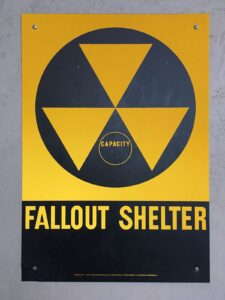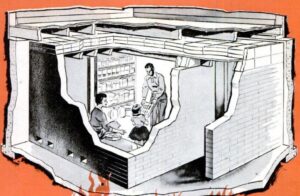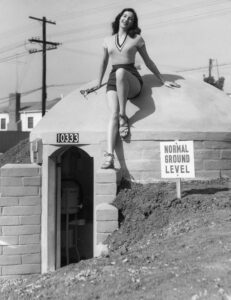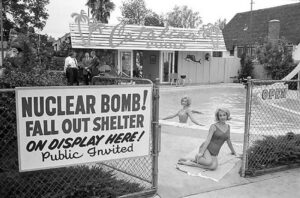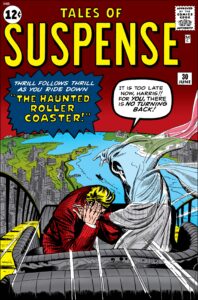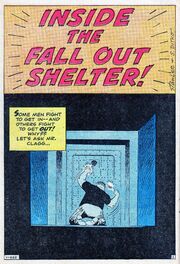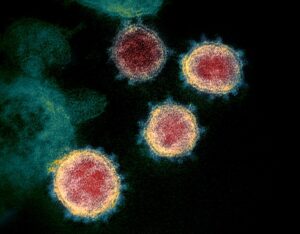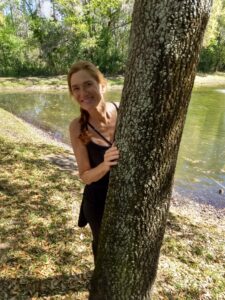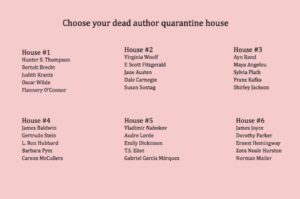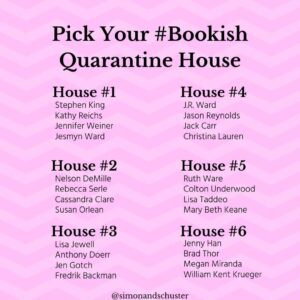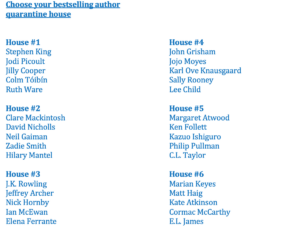Allow me to share the first paragraph of an email I received yesterday from my editor regarding my new book, Crimson Phoenix (March, 2021): “I finished the ms at 1 am. What a page-turner. It sure was eerie reading about a post-nuclear apocalypse while being held hostage by a global pandemic.”
Tell me about it.
Over a year ago, I signed a two-book contract to create a new thriller series. This one features Victoria Emerson, a member of the House of Representatives, whose world is turned upside down when U.S. Army Major Joseph McCrea shows up on her doorstep one night and announces that CRIMSON PHOENIX is active. That means the USA is inches away from nuclear war. McCrea is there to evacuate Victoria to the United States Government Relocation Center, a bunker in the mountains of West Virginia that is meant to house the entire legislative branch in the event of Armageddon. She cannot bring her family.
A single mother, Victoria refuses to abandon her three teenage sons. Denied entry to the bunker, they nonetheless survive the nuclear onslaught that devastates the country. The land is nearly uninhabitable. Electronics have been rendered useless. Food is scarce. Millions of scared and ailing people await aid from a government that is unable to regroup, much less organize a rescue from the chaos.
With Major McCrea’s help, Victoria devotes herself to reestablishing order—only to encounter the harsh realities required of a leader dealing with the violence wrought by desperate people . . .
I think the book turned out great, but never have I struggled so hard to put words on paper. When I pitched the book back in 2019, the economy was booming, people were happy and the idea of citizens reverting to their feral instincts seemed like a fun diversion. Over the last two months, writing from quarantine, every fictional act of self-preservation and confrontation I wrote felt all too possible–especially in the early days of the madness when the panic was most vibrant and threatening.
Early on in the pandemic–facing an immovable April 15 deadline with 30,000 words to go–it felt as if my imagination had been switched off. Writing about the collapse of infrastructure and the moral relativism that it triggers really troubled me. I am not a man prone to pessimism or depression, but for that first week or more, there seemed to be no light in any day. To make it all worse, even the weather conspired against me in those early weeks, when every morning, it seemed, dawned cold and cloudy.
Then I wrote a bit of dialogue that allowed light back in. In a discussion with McCrea, who’s worried that Victoria’s children won’t be tough enough for what lies ahead, Victoria says, “Just because every bit of infrastructure is broken, and just because people become desperate is no reason to dismiss kindness and understanding as some kind of a curse. Kindness is a blessing, not a liability.”
I don’t know if this makes sense out of context, but that bit came out of nowhere, and it changed not just the arc of the story, but it lifted my mood. Victoria and her crew are the lucky ones. They’ve survived the destruction that killed millions. From that moment on, Crimson Phoenix ceased being about how they would survive, but rather about how they can help to fix some of what has been broken. How to work to help make people less miserable.
Forgive me if I am rambling, but I’ve never before experienced the phenomenon of my work lifting my spirit in such a direct manner. I am not a victim of this pandemic, nor am I a survivor. I am an author with a job to do who’s living in strange, difficult times. None of us knows what tomorrow might bring, but I know that today I am healthy. I started celebrating the weird repetitiveness of each day. For the first time in a very long time, my wife and I cook every meal together and eat it together at home. In the evenings, we sit together and binge-watch Netflix and Amazon Prime. Then we go to bed, get up and do it all over again. I realize now that when this awfulness lifts, I’m going to miss the relative ease of these days.
As for the book, the words started flowing. Think fire hydrant–easily ten pages a day. I had a new focus, and now knowing what the book is really about, I created a story that was substantively different–and, I believe, far better–than the one I set out to write. It’s not about victimhood, it’s about leadership. It’s about triumphing over adversity. It’s still very much a thriller, and I think it may very well be the best thing I’ve ever written. Of course, mine is the least important opinion on that last point.
Have y’all ever had your fiction make a profound impact on you like this?
==
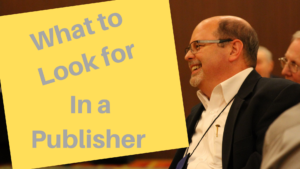 On an unrelated note, I’ve added another video to my YouTube channel. This one talks about what to look for in a publisher. Just click on the picture.
On an unrelated note, I’ve added another video to my YouTube channel. This one talks about what to look for in a publisher. Just click on the picture.


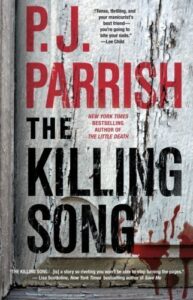
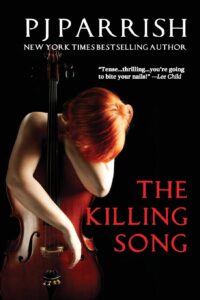
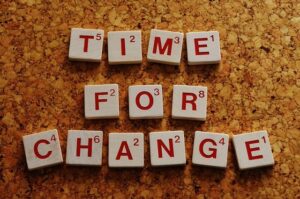 It’s fun to see how words change over time. Their meanings transform, expand, and even metamorphose into a whole new meaning. These changes occur gradually over time. I find it fascinating how one word used by our ancestors means something totally different today.
It’s fun to see how words change over time. Their meanings transform, expand, and even metamorphose into a whole new meaning. These changes occur gradually over time. I find it fascinating how one word used by our ancestors means something totally different today.